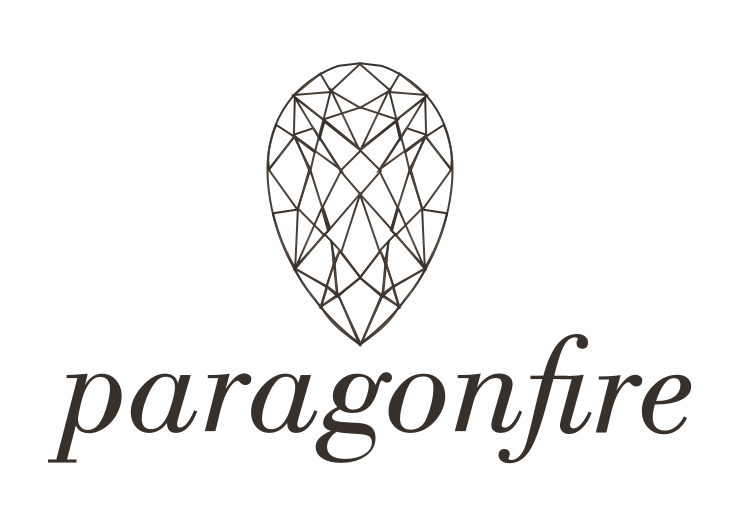It does sound like a strange question, are you an ugly ducking or a swan?
Many of you will know this story. The story of a 'different' duckling born to a duck family. His entire childhood he heard 'you are one ugly duckling.' He heard this from his duck family, duck friends and others around the pond he grew up in. It was his truth, his reality. He was an ugly ducking.
Eventually, the ugly duckling ventured off on his own. He grew into an adult bird. One day, he encountered some other birds, that were simply beautiful, swimming in a still pond. A pond where the water was still portraying mirror-like reflections off the surface. One of the birds approached him and said "wow, your feathers are beautiful." He was taken aback - this was not true, he was an ugly duckling. He slowly approached the pond, tentatively and with trepidation, he looked at his own reflection.
The reaction was visceral and breath-taking. He was not an ugly duckling - he was an adult swan with beautiful, snow white feathers. The truth he had been living as an ugly ducking was shattered and blew away on a fresh Spring breeze that was floating over the pond.
Like the ugly duckling, we often believe we know the truth of who we are. Unfortunately, this is not always the case. We can be held back by our own unconscious biases of ourselves.
Unconscious bias is by definition, not something we realize we have, even in those moments of deep reflection. These biases are unfair judgements created by automated reactions from our brains based on the culture we were raised in, our education and life experiences. Often, our biases impact how we view others. But, much like the ugly duckling, sometimes, they limit the way we see ourself.
Objective data is needed to bring these biases to light, to understand them and then, most importantly, OVERCOME them. Biases hold us back. They keep us from becoming the best possible version of ourselves.
Don't live your life as an ugly duckling.
(Need a place to start learning about your biases? I love Project Implicit and have no personal ties or benefits from sharing this resource. Check it out. See your reflection. https://implicit.harvard.edu/implicit/ )

